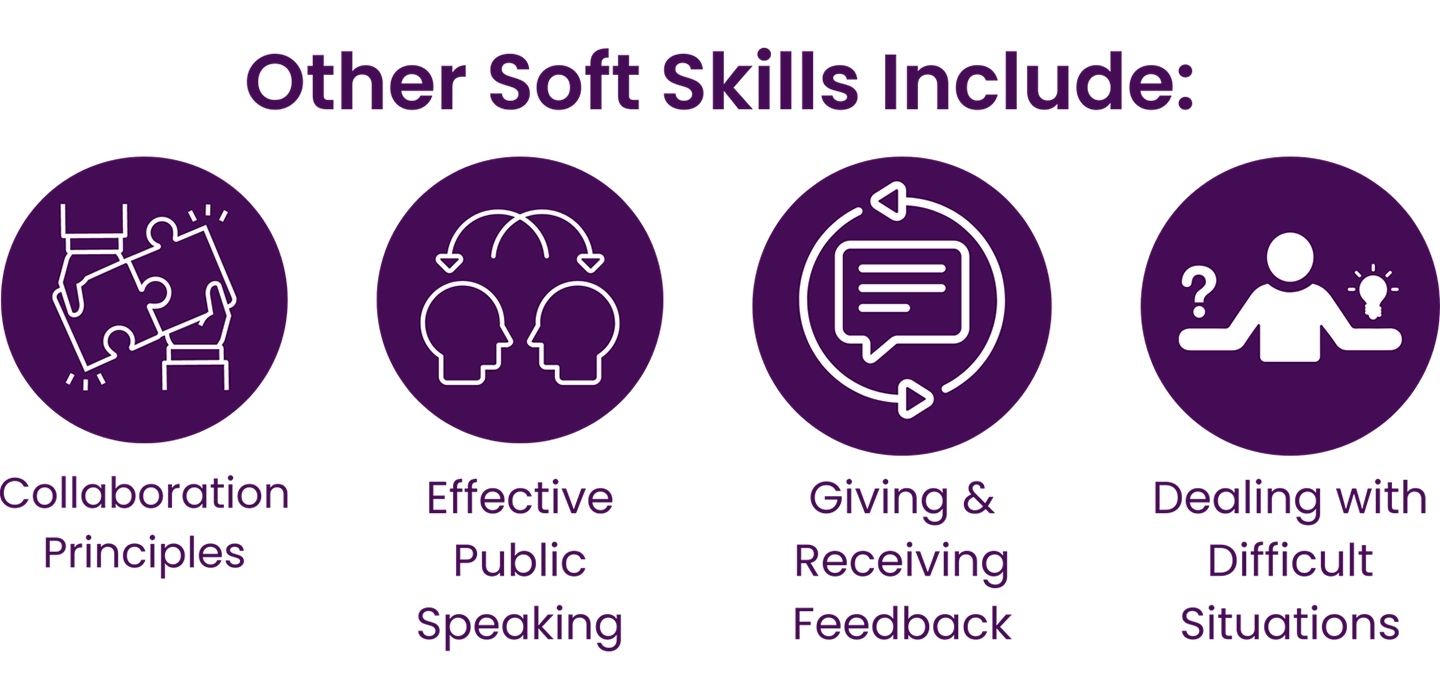Last Updated: 2nd May 2025
Skills Gap in UK Health and Social Care Careers
Learn about bridging the skills gap in UK health and social care careers with online training and the core skills training framework. Discover effective strategies to enhance workforce skills and improve care quality.
Healthcare
Article
)
The healthcare industry is facing a major challenge due to a shortage of skilled professionals, and it's been an ongoing issue that is getting harder to tackle. With an ageing population and increasing expectations for high-quality care, having a capable healthcare workforce is absolutely crucial.
As a result, there's a growing need for recruitment strategies that target the specific skills necessary for success in healthcare. To tackle this skills gap, recruiters need to adopt innovative approaches. This could involve identifying and nurturing emerging talent, improving the skills of current staff, establishing partnerships with educational institutions, and harnessing the power of technology.
In this blog post, we'll delve deep into each of these strategies, providing valuable insights on how to effectively bridge the skills gap in healthcare. Stay tuned for expert advice and practical tips!
What is the Skills Gap in the Health and Social Care Industry?
The skills gap in health and social care refers to the mismatch between the skills and competencies that health and social care employers need and the skills possessed by the available workforce. It can impact both clinical and non-clinical roles.
There is a significant shortage of skilled healthcare professionals due to a tough labour market, an ageing workforce, retiring baby boomers, and a lack of interest among younger generations in healthcare professions.
 The gap is expected to widen, making it necessary for health and social care recruiters to adopt innovative strategies to bridge the skills gap and ensure that quality care is accessible to all patients.
The gap is expected to widen, making it necessary for health and social care recruiters to adopt innovative strategies to bridge the skills gap and ensure that quality care is accessible to all patients.
Some key aspects of the skills gap in health and social care include:
-
Technological Competency Health and social care is increasingly reliant on technology for patient care, data management, and administrative tasks. However, many healthcare professionals may lack the necessary digital literacy and proficiency with healthcare-specific technologies, such as electronic health records (EHRs), telemedicine platforms, and medical devices.
-
Specialised Clinical Skills Certain healthcare specialties, such as nursing, allied health professions, and advanced medical specialties, require specialised skills and training. However, shortages of qualified professionals in these areas can create gaps in service delivery, particularly in underserved regions or specific healthcare settings
-
Interdisciplinary Collaboration Effective healthcare delivery often requires interdisciplinary collaboration among healthcare professionals from different backgrounds and specialties. However, communication barriers and a lack of teamwork skills can hinder collaboration and coordination, leading to inefficiencies and substandard patient outcomes.
-
Cultural Competency Providing culturally competent care is essential for addressing the diverse needs and preferences of patient populations from various cultural backgrounds. However, healthcare professionals may lack awareness, understanding, or training in cultural competency, resulting in disparities in care quality and patient satisfaction.
-
Leadership and Management Skills Healthcare organisations require strong leadership and management capabilities to navigate complex regulatory environments, drive quality improvement initiatives, and ensure operational efficiency. But, there may be a shortage of healthcare leaders with the requisite skills in areas such as strategic planning, change management, and healthcare policy.
-
Soft skills, such as communication, empathy, critical thinking, and problem-solving, are essential for delivering patient-centred care and fostering positive patient-provider relationships. These skills may be undervalued or underdeveloped among health and social care professionals, leading to gaps in patient care experiences and outcomes.
 /n/n## What is the Importance of Personal and Professional Development in Health and Social Care?
/n/n## What is the Importance of Personal and Professional Development in Health and Social Care?
Personal and professional development helps manage your own learning and growth throughout your career. Continuous learning helps open up new doors in your career, keep your skills and knowledge up to date and ensure you practise safely and legally. Personal and professional development in healthcare is essential for the growth and effectiveness of healthcare professionals, as well as the overall improvement of healthcare delivery. Here are some key aspects of personal and professional development in health and social care:
- Lifelong Learning Healthcare professionals must continuously update their knowledge and skills to keep pace with advancements in medicine, technology, and healthcare practices. This involves attending workshops, conferences, and training programs, as well as pursuing further education or certifications.
- Clinical Skills Enhancement Healthcare professionals need to continually refine their clinical skills to provide safe, high-quality care to patients. This includes mastering procedures, improving diagnostic abilities, and staying updated on evidence-based practices.
- Communication Skills Effective communication is crucial in healthcare for building rapport with patients, collaborating with colleagues, and conveying information accurately. Healthcare professionals should develop skills in active listening, empathy, and clear, concise communication
- Ethical and Professional Behaviour Upholding ethical standards and demonstrating professionalism is fundamental in healthcare. Personal and professional development should include training on ethical principles, boundaries, confidentiality, and professionalism in interactions with patients, colleagues, and the community.
- Self-Care and Wellness Health and social care professionals must prioritise their own well-being to prevent burnout and maintain their ability to provide quality care. Personal and professional development should encompass strategies for stress management, resilience-building, work-life balance, and self-care practices.
Overall, investing in personal and professional development in health and social care is essential for ensuring that healthcare professionals remain competent, compassionate, and capable of meeting the evolving needs of patients and the healthcare system.
How to Strategically Address the Skill Gap
Addressing healthcare skill gaps strategically is vital to ensuring the industry maintains a skilled workforce. By embracing innovative approaches, recruiters can effectively bridge these gaps, safeguarding the longevity and vitality of health and social care.
Identifying and nurturing new talent
Proactively seeking out promising healthcare professionals and providing avenues for their growth and development is key. This includes implementing targeted recruitment tactics, such as social media advertising and referral programs, to attract individuals with specific skill sets. Moreover, initiatives like career fairs and networking events offer valuable opportunities to connect with potential talent and showcase organisational culture.
Invest in their ongoing development
Monitoring performance, offering leadership development programs, and supporting continuing education are essential components of this process. By empowering current employees to enhance their skills and take on new challenges, organisations cultivate a workforce capable of meeting evolving industry demands.
Forming meaningful partnerships with educational institutions
Collaborative efforts can yield innovative training programs, internships, and mentorship opportunities, effectively closing skill gaps and improving patient outcomes. Embracing technology is another key aspect, as it streamlines recruitment processes, enhances efficiency, and facilitates skill development.
By adopting these strategic approaches, health and social care recruiters can successfully bridge skill gaps and ensure the industry remains resilient and responsive to the needs of patients and communities.
Where to Find Training for the Health and Social Care Sector
Here at Virtual College, we’re pleased to be able to offer a wide range of training types suitable for healthcare and social care employees. You can learn more about these courses within our healthcare and statutory and mandatory suite, which have just been updated and rebuilt to be more interactive, engaging and mapped to the Core Skills Training Framework.
The suite includes everything from safeguarding children to fire safety.
We also offer a 15-course Personal Professional Development package, covering valuable skills which will take you and your employees far in the workplace.
Filled with insights, hints and tips, it explores a wide range of courses including Confidence Building Skills, Growth Mindset, Time Management, Reflective Practice, Digital Literacy and many, many more.
Summary
So, let's talk about what we've learned here. Continuous learning and personal growth aren't just about boosting your own skills. They actually make a huge difference in how well we can take care of patients, keep our organisations running smoothly, and push the whole healthcare field forward.
Our ‘Power Skills Training Package’ is a comprehensive set of resources and training designed to enhance personal and professional development, employability, and career success. Discover how these skills can boost your professional and personal growth and open doors to new opportunities.
